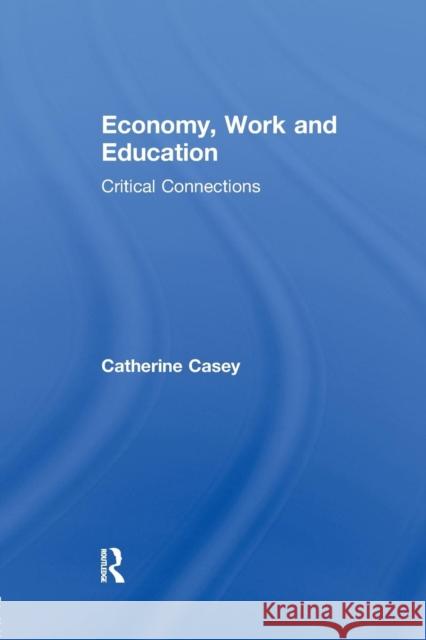Economy, Work, and Education: Critical Connections » książka
topmenu
Economy, Work, and Education: Critical Connections
ISBN-13: 9781138203150 / Angielski / Miękka / 2016 / 218 str.
Economy, Work, and Education: Critical Connections
ISBN-13: 9781138203150 / Angielski / Miękka / 2016 / 218 str.
cena 274,23
(netto: 261,17 VAT: 5%)
Najniższa cena z 30 dni: 261,89
(netto: 261,17 VAT: 5%)
Najniższa cena z 30 dni: 261,89
Termin realizacji zamówienia:
ok. 16-18 dni roboczych.
ok. 16-18 dni roboczych.
Darmowa dostawa!
Economy, Work and Education: Critical Connections











